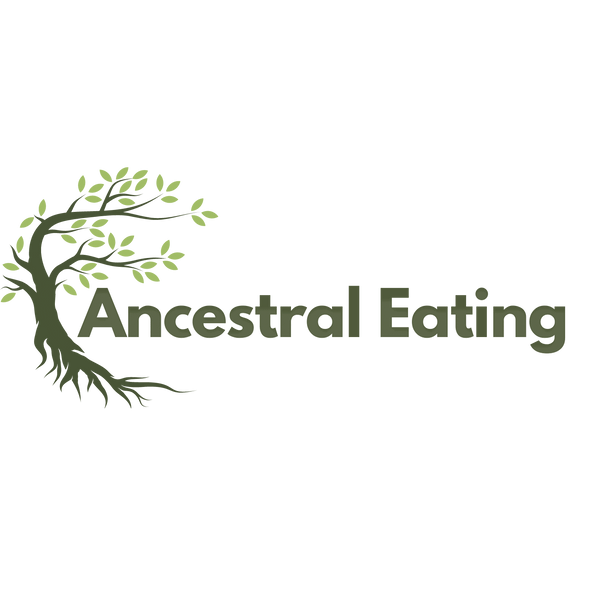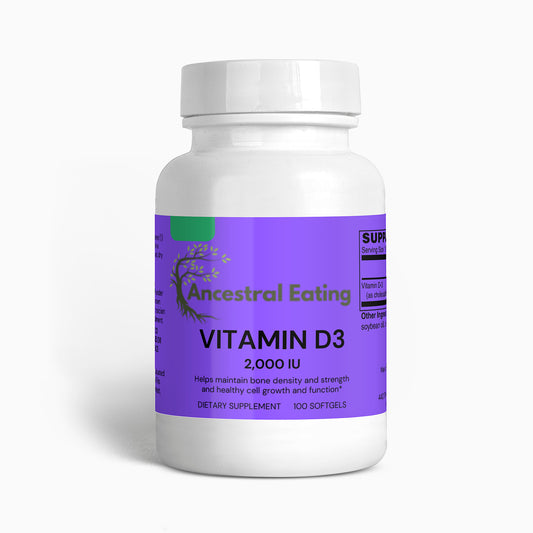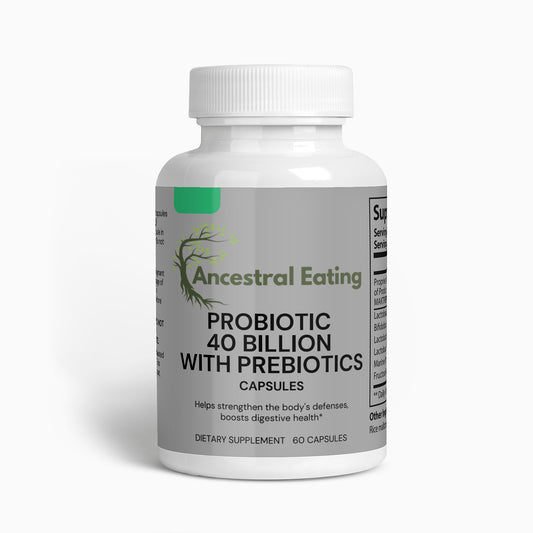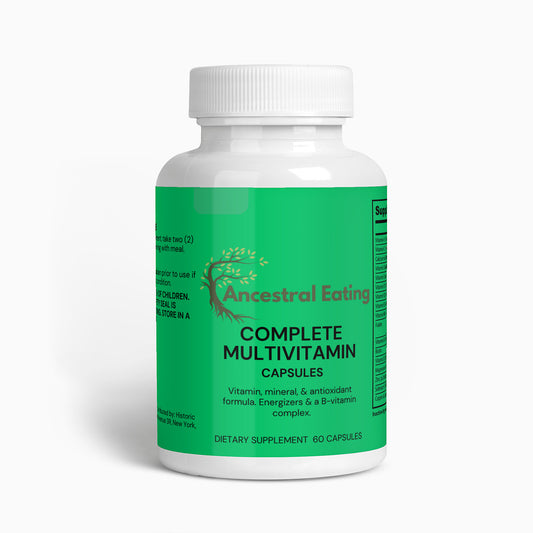The traditional diet of Gabon, a country on the west coast of Central Africa, has been heavily influenced by its natural environment. The country is rich in forests, rivers, and coastal areas, which provide a wide array of ingredients. Over the last 500 years, the diet has remained fairly stable, although there have been some influences from French colonial rule, neighboring countries, and more recently, globalization.
Staples:
- Manioc/Cassava: Cassava is a root vegetable that's a primary source of carbohydrates. It can be boiled, fried, or fermented to make "baton de manioc" or chikwangue (cassava stick), a dense, starchy food.
- Plantains and Bananas: Both are cooked in a variety of ways—fried, boiled, or mashed.
- Rice and Corn: These grains are not indigenous but have become widely consumed.
Proteins:
- Fish: Given the extensive river system and coastline, fish is a primary source of protein. Species like tilapia, catfish, and barracuda are popular.
- Bushmeat: Hunting is still common, and meats can range from antelope to smaller animals like porcupine and monkeys.
- Chicken and Goat: Domesticated animals, usually reserved for special occasions.
Fruits and Vegetables:
- Palm Nuts: Used to make palm oil and palm wine.
- Okra: Often used as a thickening agent in stews.
- Peppers and Tomatoes: Commonly used in stews and sauces.
- Fruits: Mangoes, papayas, and guavas are common fruits.
Spices and Condiments:
- Peanuts: Often ground into a paste or used to thicken stews.
- Hot Peppers: Used to add spice to a variety of dishes.
- Garlic and Onions: Commonly used for flavor.
Beverages:
- Palm Wine: Made from the sap of the palm tree.
- Tea and Coffee: Influences from French colonial times.
Traditional Dishes:
- Nyembwe: A chicken dish made with palm nut sauce.
- Mustard Chicken: A flavorful chicken stew.
- Fufu: A starchy side made from cassava, plantains, or yams.
Historical Influences:
- Indigenous Practices: Traditionally, food was cooked over open fires or steamed in banana leaves.
- French Influence: During colonial times, French culinary practices and ingredients like bread, coffee, and certain meats were introduced.
Modern Influences:
- Globalization: The growing influence of international cuisine, including fast food, is evident in urban areas.
As with many African countries, Gabon's traditional diet is largely based on locally-sourced and seasonally-available ingredients, but it's gradually incorporating more global elements, especially in urban settings.






